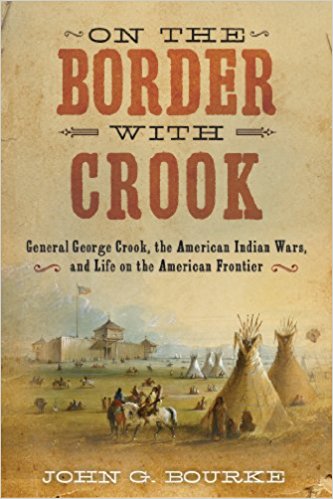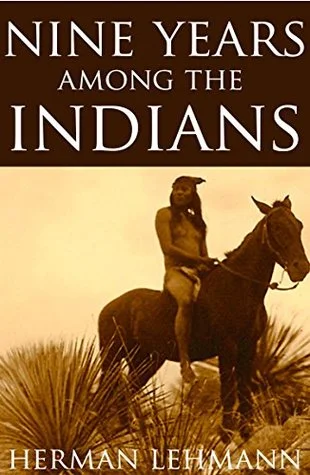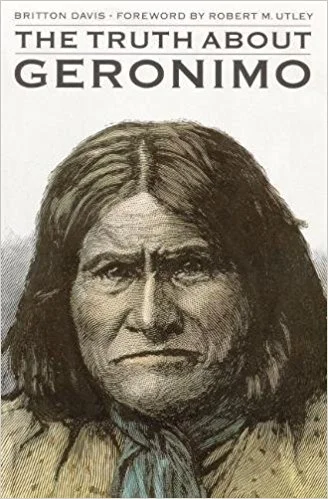On the Border with Crook (and so much more.....!)
On the Border with Crook by John Bourke
I really don't know why its taken me so long to get around to reading this classic book! Bourke not only gives a very readable (and sympathetic...to the army and the Apaches) account of the climactic chapters of the Apache wars, but an astoundingly accurate and entertaining description of Arizona in the 1880s. He covers it all, from history and life-ways of the Native-, Mexican- and Anglo-American inhabitants, to topography, plants, animals, climate, and very vivid descriptions of Tucson and Prescott in their frontier heydays. These were two very different towns, with the former retaining a strong influence of its Spanish and Native American antecedents, while the latter was "All-(Anglo) American" and proud of it. The rivalry along this NW-SE axis can still be sensed in Phoenix vs Tucson today.
All of this is in addition to his account of the war with the Sioux and Cheyenne in the Dakotas, Montana and Wyoming, where he also served with Crook. This campaign resulted in the surrender of Crazy Horse (ultimately his murder under suspicious circumstances, "while trying to escape") and the end of the Indian Wars on the northern Plains.
His first-hand description of the Crook's brutal but effective Tonto Valley campaign is second-to-none. This is especially the case of the battle (or massacre) of Skeleton Cave, which he participated in. And while his treatment of Crook verges on hagiography, the latter was a pretty remarkable character, despite his irritating, quarrelsome and, ultimately, counterproductive relationship with many of his subordinates (e.g. Gatewood). Crook's basic premise was that, if treated fairly, and if agreements made with them were kept, which was only their due as fellow human beings, Native Americans would respond in kind. Unfortunately, Bourke chronicles a sad history of just the opposite, particularly the lying, stealing and general perfidy on the part of civilian Indian Agents from the Interior Department and their allies amongst Anglo traders, miners, ranchers, townspeople and settlers, with entirely predictable consequences. This exacerbated (and prolonged the settlement of) "The Indian Question" for decades, in his opinion.
Bourke's account of how Geronimo's surrender to Crook went tragically awry due to Tribollet, an unscrupulous trader who tagged along with him, selling the Chiricahua more mezcal than they could ever hold, is truly sad. I will say that Bourke's few paragraphs on the Chiricahua's ultimate surrender to Gatewood, and then Miles, are pretty meagre. Possibly he was trying to gloss over the rather anti-climactic denouement to his old chief's brilliant Indian fighting days, wherein Geronimo's flight back into the Sierra Madre after the aforementioned drunk, resulted in Crook's replacement as head of the Army in Arizona and allowed Miles to steal the glory that rightly should have been his, while double-crossing the loyal Apache scouts who'd served both Crook and Miles so well.
I highly recommend this outstanding book which, if read in conjunction with Gatewood and Davis to fill in some of the missing detail noted above, gives a very clear picture of the Apache (and Plains Indians) war....probably as clear as possible from the Anglo-American perspective.


